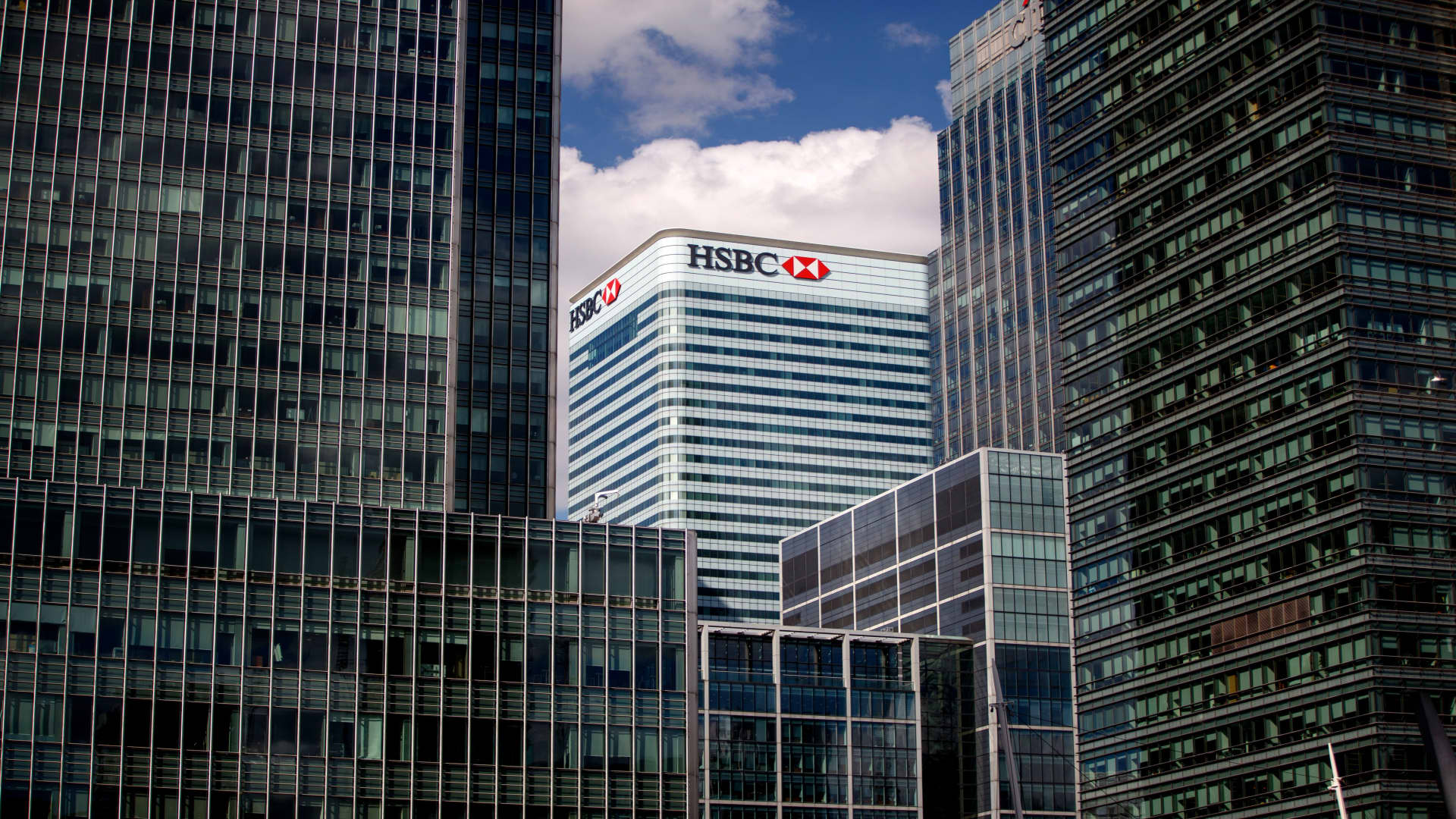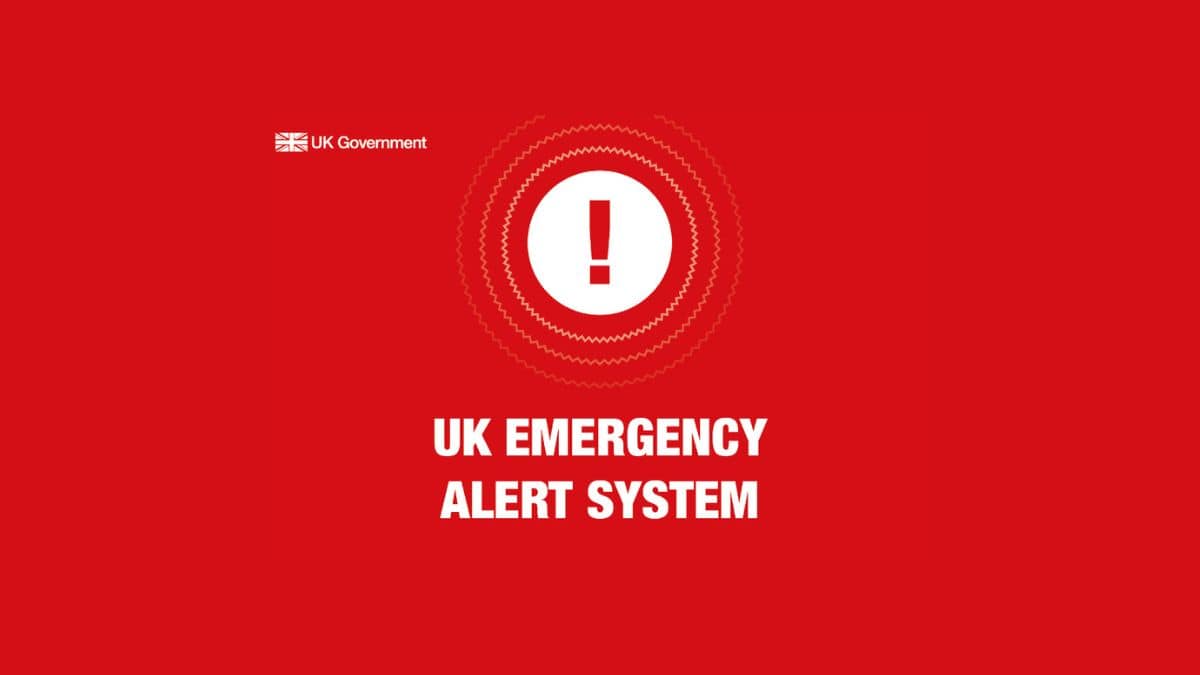
HSBC’s U.K. headquarters are seen at the Canary Wharf financial district of London on July 31, 2018.
Tolga Akmen | AFP | Getty Images
LONDON — HSBC CEO Noel Quinn said Tuesday that the lender would not “exit a client based on their lawful personal views,” after Coutts’ termination of Brexit figurehead Nigel Farage’s account sparked a banking scandal in the U.K.
Internal documents obtained by Trump ally Farage revealed that Coutts — a high-end private bank and wealth manager requiring clients to hold a minimum of £1 million ($1.29 million) in investments or borrowing, or £3 million in savings — had opted to cut ties with him once his mortgage was paid off in July, as his account was “below commercial criteria.”
But the dossier also extensively cited Farage’s history of controversial views as part of the reason why he was deemed too commercially risky to remain a client, with the bank’s client analysis noting that he is “considered by many to be a disingenuous grifter,” and that “at worst, he is seen as xenophobic and racist.”
At the time that he was given notice of the bank’s “exit plan” for his account, Farage was offered an alternative account with high street bank and Coutts’ parent company NatWest Group — but he declined.
Although refusing to discuss details of other banks and their clients, HSBC boss Quinn told CNBC on Tuesday that “our policy is not to de-bank or exit a client based on their lawful personal views.”

“Our primary responsibility is to try to help customers get access to banking and to open up an opportunity for them, whether that’s the homeless in the U.K. where we’ve taken on a significant number of new bank accounts for the homeless in the U.K. and for those that have suffered from human rights abuses,” Quinn said.
“We also have a responsibility as an institution to look at any areas of financial crime compliance or we have an obligation to collect information on KYC (Know Your Customer), so we have those competing obligations but to reiterate, as a policy we do not exit clients based on their lawful personal views.”
The closure of Farage’s account triggered a heated debate in the U.K. and rocked the domestic banking industry.
NatWest CEO Alison Rose was forced to resign, after she admitted discussing details of Farage’s Coutts account with a BBC reporter in the wake of his allegations. Coutts CEO Peter Flavel also subsequently stepped down amid the fallout and public pressure, with Prime Minister Rishi Sunak and other government ministers falling in line behind the former Brexit Party and UKIP leader.
Jonathan Bachman | Getty Images
Farage revealed on Tuesday that new Coutts interim CEO Mo Syed had written to inform him that he can retain both his personal and business accounts, but he is still seeking compensation from the bank and has launched a campaign to tackle account closures across the industry.
Farage was originally offered an account at high street bank NatWest as an alternative, minimizing the risk of his losing access to banking services. But there are 1.1 million households across Britain without a bank account at all, according to the Resolution Foundation.
Research from the British think tank showed that, of those 1.1 million, 327,000 people fell into the poorest decile in terms of net equivalized household income, while the second and third deciles accounted for 181,000 and 157,000 households, respectively.
“Britain’s ‘unbanked’ are hugely disproportionately likely to be poor (close to half are in the poorest fifth of the income distribution). They’re also disproportionately likely to be young and living in a major city (where you’re four times more likely not to have a bank account than village dwellers),” Resolution Foundation CEO Torsten Bell wrote in a report published last week.
“This data doesn’t tell us exactly why these households don’t have bank accounts — but given the huge concentration among poorer households I think we all know it’s got more to do with poverty than political views.”









